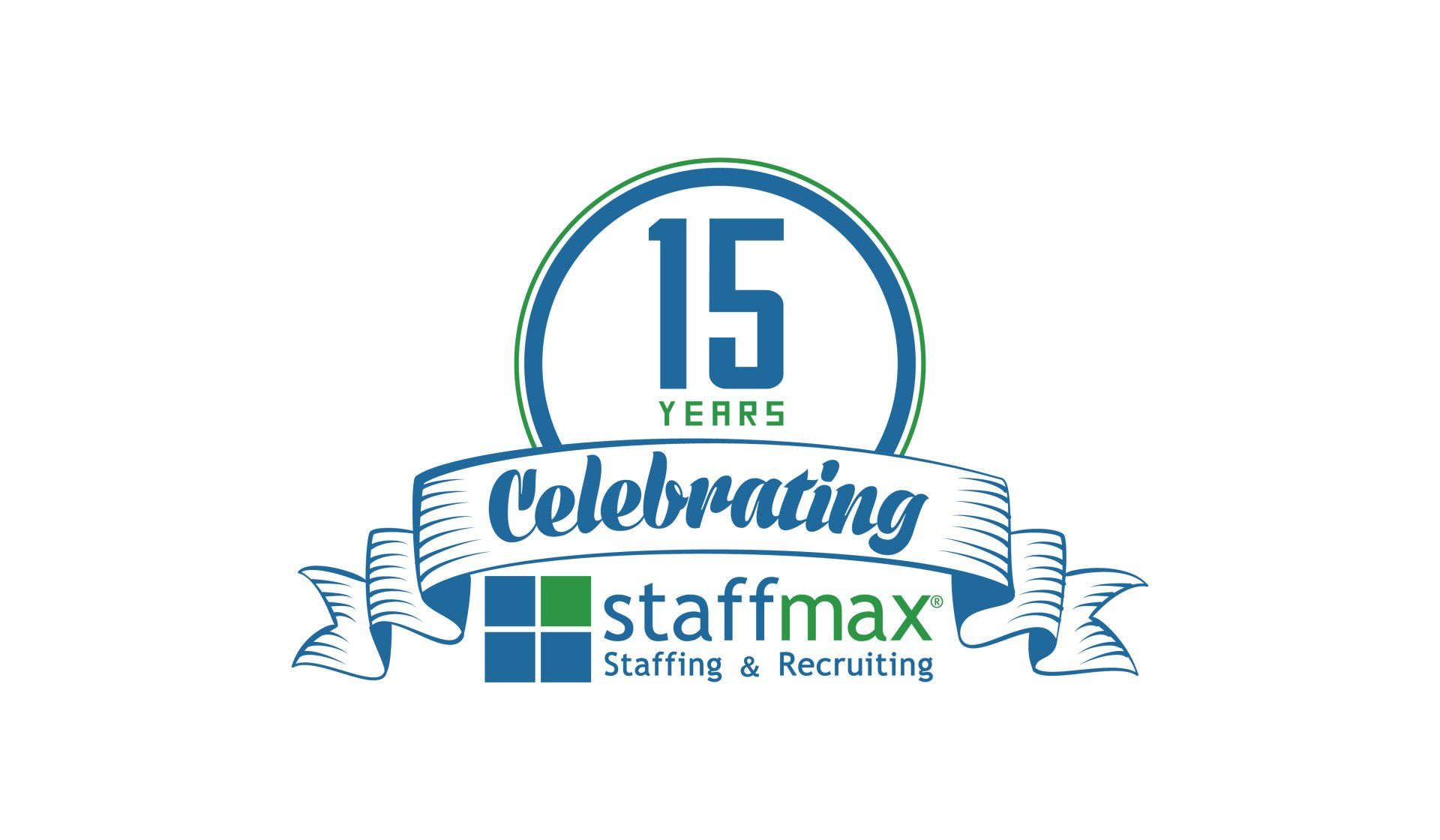A complete guide to answering the “What is your greatest weakness?” question

“What is your greatest weakness?” Can you answer that honestly? Most can, but won’t want to—especially if a job interviewer’s perception of you depends on the answer given.
It’s a tricky question, though, because an interviewer can easily suss out a lie as well as a “dodge” answer. They’ll roll their eyes if you answer the infamous “what is your greatest weakness” question with a not-so-subtle humblebrag like “I’m too much of a perfectionist” or some other tired cliche designed to avoid exposing a real flaw about yourself. At the same time, you don’t want to tell the employer you’re incompetent, have a drinking problem, or suffer from some other serious weakness that makes you undesirable.
So what’s a smart answer to “what is your greatest weakness?” Thankfully, there’s more than one, and they can be adapted to fit your specific needs.
Honesty, relevancy, and a story
The most basic, straightforward way to answer the question is, to be honest. Pick a flaw of yours that has some sort of relevance to the position you’re interested in, explain how it’s affected you in the past, what steps you’re taking to overcome the weakness, and what you’ve learned as a result of working to improve yourself.
This safe advice comes courtesy of Ashira Prossack’s article for Forbes on the topic of common but tricky interview questions. She argues that being realistic about your imperfections, specifically in terms of how they relate to your viability as a job candidate, shows you’re capable of self-assessment. Prossack also feels it shows humbleness.
Prossack recommends packaging all of these items within the confines of an anecdote. Short stories are an effective way to get someone’s attention and convey information, so if there’s a flaw you have that can be illustrated in a simple format such as “there was a time at work when X happened and my Y flaw led to Z outcome,” that can help you make your point more efficiently.
The goal is to end on a positive note, reassuring the interviewer that you’re growing past the flaw and not letting it define you. After all, everyone likes a good character arc, right?…
Sidestepping
There will be times when an employer is not looking for an employee with an arc. Sometimes, they just want someone who can get a job done quickly and competently. If you’re interviewing with someone who doesn’t have room in their crew for flawed operators, then reconsider the direct approach mentioned above. Instead, take a note from Alison Doyle’s article on The Balance Careers that discusses the “greatest weakness” question. She gives valuable advice on how you can avoid landing yourself in hot water with your answer.
One method Doyle recommends is to be honest about your flaws but focus on non-essential ones. She gives an example, saying that if someone applies for a nursing job, they might want to name a flaw like “being bad at giving group presentations.” As a nurse, your one-on-one skills are going to be far more important than group skills, so by identifying the former as strength of yours and the latter as a weakness, you’ll be cementing your relevancy in the employer’s eyes while still being honest and showing your capacity for self-assessment.
If you’re truly afraid an employer won’t be interested in a worker who has even a single pertinent flaw, that says a lot more about them than you—still, if you want the gig, this is one tactic to help score it. Just be careful; if the company is this strict in the interview process, you’ll likely be perpetually walking on eggshells once you manage to get on the inside.
Laugh it off
Humor is a special tool that only a select group of people can employ. If you are one of said people, congrats: you’ve unlocked the secret smart answer to the question “what is your greatest weakness?”
As long as the interviewer is playful and more interested in hearing an engaging answer than in hearing you chip away at your own self-esteem, humor can be viable. Again, though, this method only works for, and on, certain folks, so use it sparingly.
For some chuckles to help inspire your strategy, visit the fine minds over at the internet’s busiest pub, Reddit. User jumper34017 gives this advice for those stumped on how to answer the “greatest weakness” question: “Remain silent, and pull an index card out of your pocket that says “I over-prepare.”
Cheeky, right? You could always whip out a response like “Kryponite and bullets tend to have a bad effect on me,” or something equally silly but endearing, as long as you’re getting the right vibe from the interviewer. In most cases you’ll want to follow up this faux answer with a genuine flaw delivered via one of the other two methods mentioned in this article, but this is a great way to disarm the interviewer and mitigate the significance of whatever weakness you reveal.
Humor works because you’ll be masking your flaw with a strong demonstration of your interpersonal skills. And depending on how the interviewer takes the joke, you might inadvertently answer the question by showing that your weakness is an inability to handle serious subjects without comedic deflection! I jest, but the point stands: whether served as an appetizer or as the main course, humor can go a long way in preventing your weakness from defining you.
“What is your greatest weakness,” exposed
As with any interview, anything can happen. Even if you slip up and say the forbidden phrase “I have no weaknesses,” you still might get called back. Just read the room and figure out if blatant honesty, selective honesty, or a dash of humor will rub the person across from you the right way.
Also, don’t forget: in some interviews, the hiring manager might ask you what your three biggest weaknesses are. At which point, you can whip out each of these strategies in reverse chronological order to absolutely floor the interviewer.













